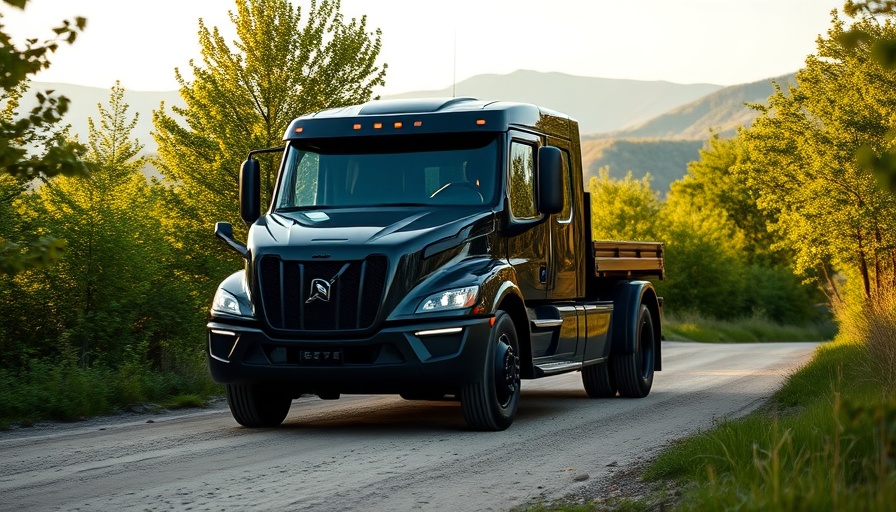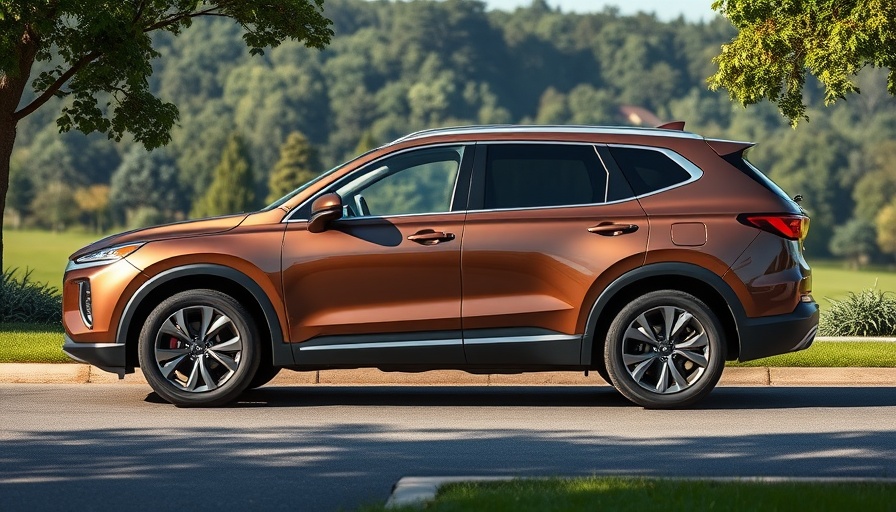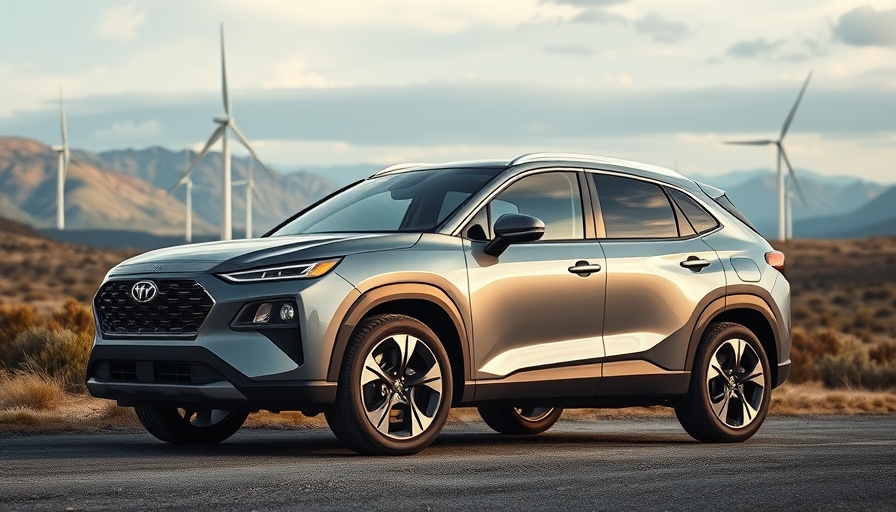
Rethinking Plug-in Hybrids: A Stepping Stone or a Detour?
As the automotive industry steers towards a future dominated by electric vehicles, plug-in hybrids (PHEVs) continue to occupy a complex space. While they promise to bridge the gap for consumers hesitant to commit fully to electric driving, their actual benefits and functionality have sparked an ongoing debate. Are they merely a governmental response to reduce emissions or a genuine solution for modern drivers?
The Reality of PHEVs: Plug-In Benefits and Limitations
Plug-in hybrids are designed to combine the benefits of electric vehicles (EVs) with the traditional gasoline engine, allowing drivers to switch between power sources. However, a study by the International Council on Clean Transportation (2022) revealed some concerning trends: many PHEV users do not charge their vehicles as often as anticipated, resulting in reduced electric mileage—25% to 65% less than the EPA’s estimates. This revelation raises questions about driver behavior and charging infrastructure, especially as the U.S. gears up for more stringent emissions regulations.
Exciting New Models Set to Hit the Market
Despite the growing skepticism around PHEVs, manufacturers are doubling down on their investment in this vehicle class. Upcoming 2025 models, such as the Toyota Prius Prime and the Volvo S60 Recharge, boast impressive electric ranges, with expectations of 50 to 70 miles of pure electric driving for certain configurations. Notably, the 2025 Honda CR-V e:FCEV will offer a unique approach—incorporating a hydrogen fuel-cell instead of a gasoline engine, enabling a supplementary electric range of 29 miles with a full charge.
How Technology is Shaping PHEVs for Better Performance
Advancements in battery technology are central to the evolution of PHEVs. The shift towards larger, more capable batteries means that drivers can enjoy increased electric mileage while maintaining the convenience of a gasoline engine for longer trips. The new Hyundai Tucson Plug-In Hybrid exemplifies this, having received a thorough refresh and modern features, though its powertrain remains consistent with prior iterations.
Consumer Considerations: Are PHEVs Worth the Investment?
For potential buyers, the decision to opt for a plug-in hybrid or a fully electric vehicle can hinge on several factors, including lifestyle, driving habits, and the availability of local charging stations. As they emerge as a popular choice for consumers who need the flexibility of both electric and gasoline power, consumers should weigh the pros, such as fuel efficiency and reduced emissions, against the complexities and potential drawbacks of PHEVs.
Future Trends in the Automotive Market
As automakers respond to both consumer demand and regulatory pressure, it's anticipated that the number of plug-in hybrids will increase in coming years, alongside improved efficiency and technology. Other automakers are also expected to introduce models that prioritize electric driving experiences, with the aim of making electricity the primary source of propulsion rather than gasoline.
Tips and Advice for Potential PHEV Owners
For those considering the switch to a plug-in hybrid, thorough research is crucial. Potential buyers should reflect on their daily commutes, access to charging stations, and how often they intend to utilize the electric aspect of the vehicle. A well-maintained plug-in hybrid can offer significant savings in fuel costs, but its performance depends greatly on user habits.
To maximize the effectiveness of a PHEV, integrate a maintenance schedule that includes regular vehicle diagnostics, battery health checks, and ensuring that tires and brakes are in top condition to benefit fully from the vehicle's performance.
Final Thoughts: The Future of Plug-In Hybrids
The debate surrounding plug-in hybrids highlights a pivotal moment in the automotive landscape. As consumers navigate their choices, being informed about the latest technologies and options available can lead to smarter decisions that align with both personal needs and broader environmental goals. By considering both the benefits and challenges of PHEVs, prospective owners can better position themselves for a successful transition into this hybrid world.
 Add Row
Add Row  Add
Add 




 Add Row
Add Row  Add
Add 

Write A Comment